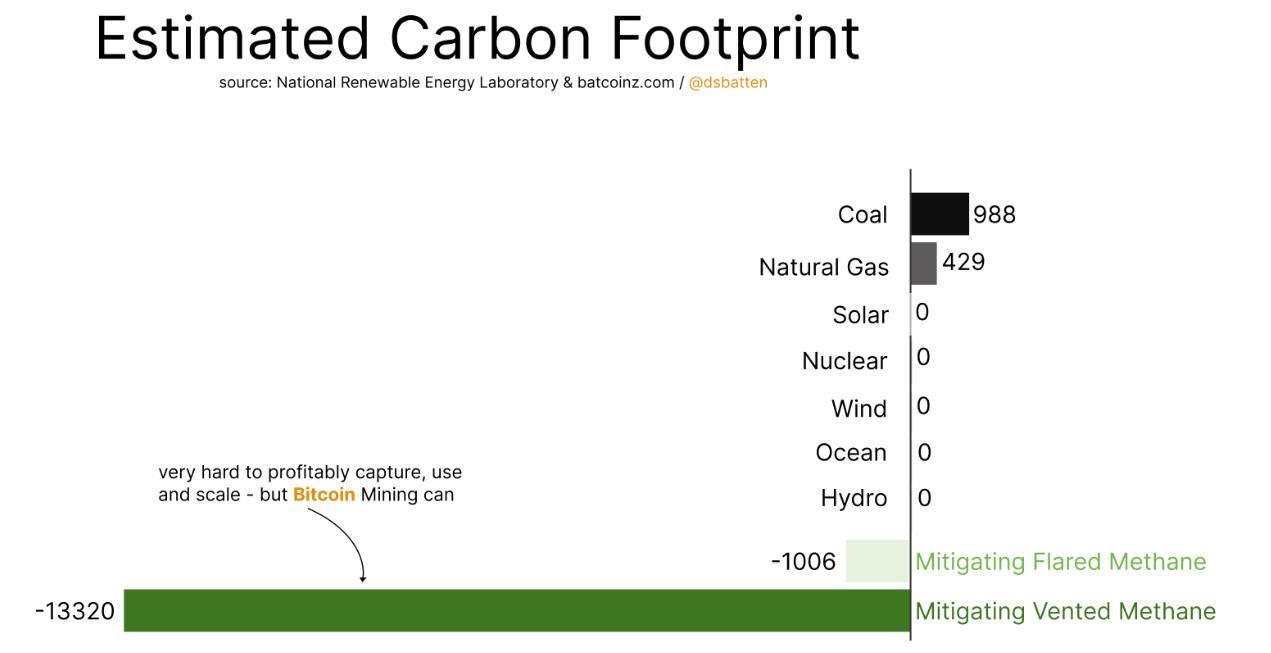
A recent study published by the Institute of Risk Management (IRM) has suggested that Bitcoin (BTC) has the potential to be a key player in the global energy transition. The research argues that while BTC is often criticized for its high energy consumption, it can actually help lead to new energy solutions and reduce global emissions.
A Catalyst for Change
The report, titled "Bitcoin and the Energy Transition: From Risk to Opportunity," was authored by members of the IRM Energy and Renewables Group, Dylan Campbell and Alexander Larsen. Their research highlights the growing need for reliable, clean, and affordable energy sources.
The study acknowledges the concerns surrounding Bitcoin's energy intensity but also emphasizes the potential benefits it can bring to the energy industry. In fact, the report suggests that Bitcoin mining could reduce global emissions by up to 8% by 2030.
Tapping Into Wasted Methane Emissions
One of the ways Bitcoin can contribute to emission reduction is by utilizing wasted methane emissions. The report proposes that capturing methane and using it to power Bitcoin mining operations can significantly reduce the amount of methane released into the atmosphere. By converting these harmful emissions into less harmful ones, Bitcoin could play a vital role in mitigating climate change.

Other Energy Opportunities
In addition to emissions reduction, the paper presents other opportunities for Bitcoin to contribute to the energy sector. One such opportunity is using Bitcoin miners to manage electricity grids more efficiently. By incorporating miners into the grid, excess heat generated during the mining process can be utilized in greenhouses, improving energy efficiency.
A Cleaner and More Energy-Abundant Future
The authors of the study assert that while Bitcoin does consume electricity, it should not be seen as a significant emitter of carbon dioxide and other atmospheric pollutants. Instead, they argue that Bitcoin can be the catalyst for a cleaner and more energy-abundant future.
The research conducted by the IRM provides a more balanced view of Bitcoin's potential impact on the energy industry. By exploring the various ways Bitcoin can support energy transition and emissions reduction, the study offers hope for a greener future powered by cryptocurrency.






